Plastic Injection Mold
Precision Mold Design and Mold Making for Advanced Injection Molding
- Certifications ISO 9001:2015 | IATF 16949
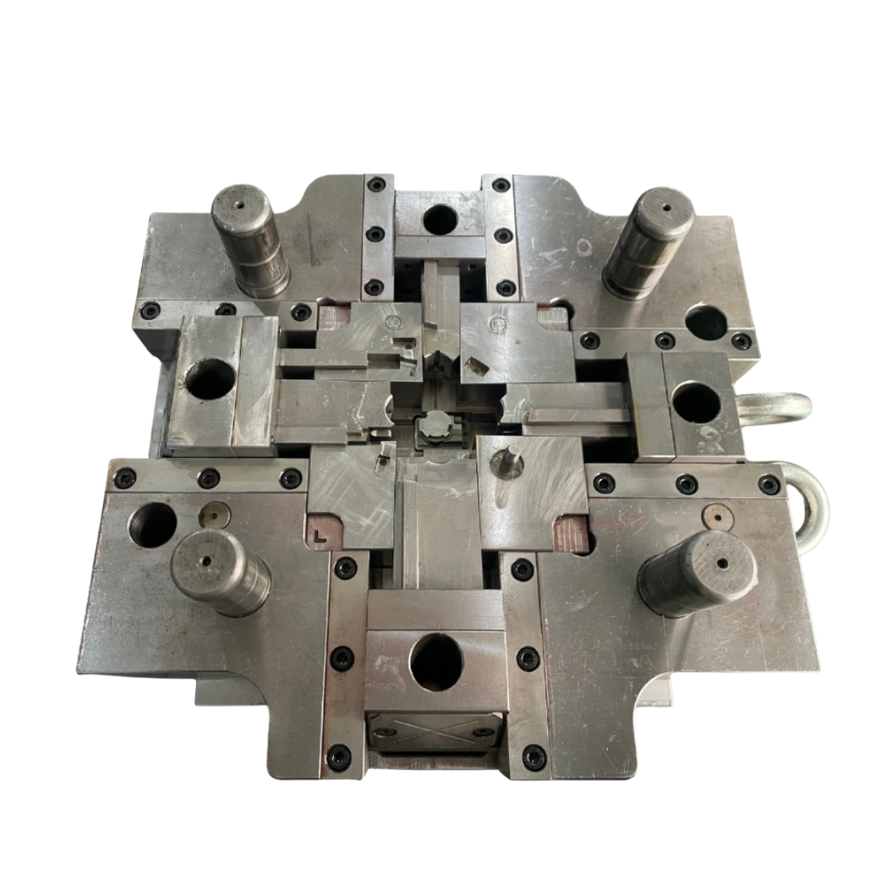
Why is Plastic Mold Important for Injection Molding?
The plastic mold is the core of injection molding. It defines the shape, precision, and surface finish of every part. Without a well-engineered mold, even the most advanced machines can’t deliver consistent quality.
Key Benefits of a High-Quality Mold
- Precision & Accuracy: Tight tolerances for critical industries like automotive and medical.
- Efficiency: Optimized designs reduce cycle times and defects.
- Material Performance: Proper gate design, venting, and surface finishes improve strength and aesthetics.
- Scalability:Premium steel grades (H13, P20, S136) ensure long mold life for high-volume production.
Your injection molding success starts with the right mold.
Our Capabilities: Built to Deliver Excellence
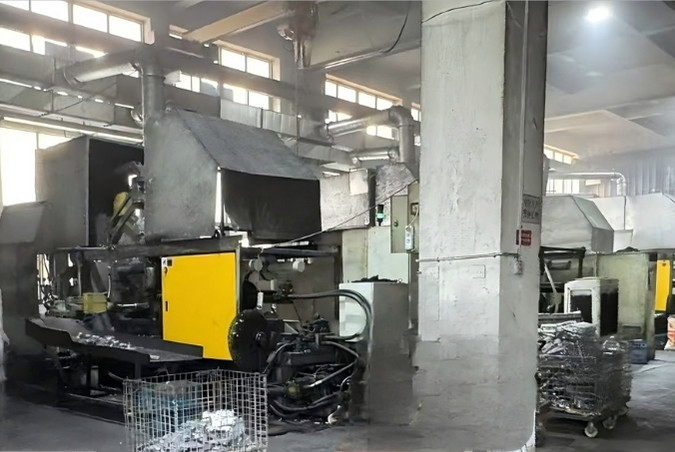
- Solutions for complex geometries and high-volume production
- 20+ years of die casting and precision tooling experience
- DFM analysis for cost-effective, high-quality results
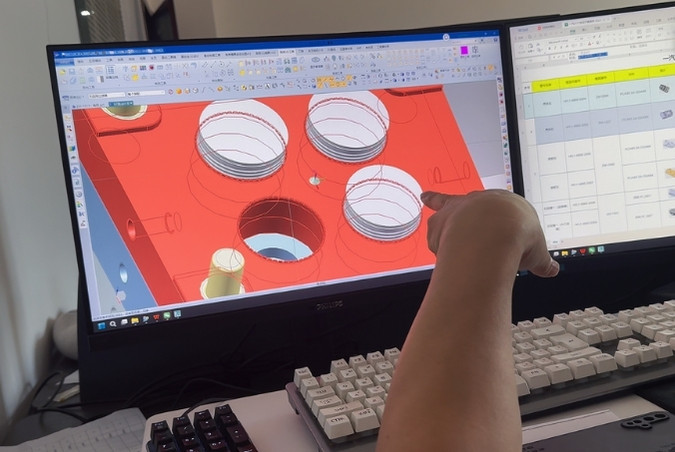
- Tolerances up to ±0.01 mm after machining
- EDM finishes to Ra < 0.8 µm for excellent cavity surfaces
- Serving Automotive, Industrial, Construction, Electronics, and New Energy sectors
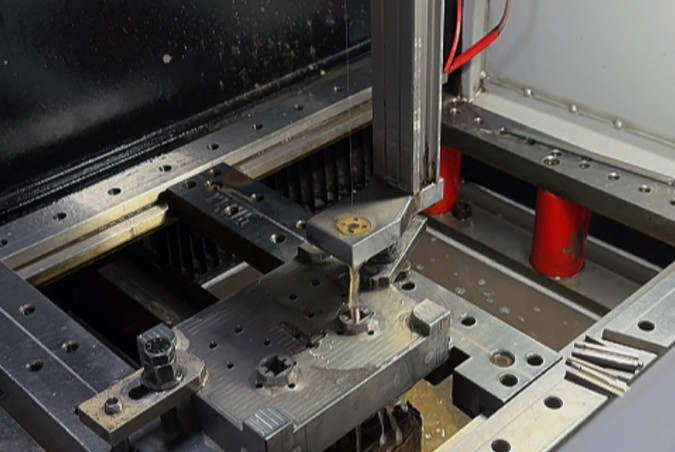
- CAD/CAM and Moldflow for optimized designs and faster lead times
- In-house CNC center for high-precision mold production
- Dedicated mold assembly and storage facilities
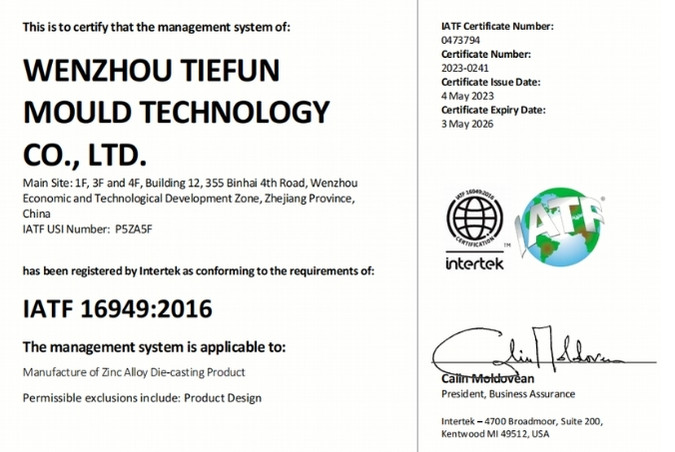
- ISO 9001:2015 & IATF 16949 certified processes.
- SPC monitoring and CMM inspections.
- Sample trials and detailed QC reports.
Discover how our capabilities can benefit your next project.
Mold Types for Injection Molding
- Single-Cavity Mold: For medium/large parts in small batches.
- Multi-Cavity Mold: High-volume production for small parts.
- Family Mold: Multiple components molded in one cycle.
- Insert Mold: Embedding metal or plastic parts for added strength.
- Hot Runner Mold: Faster cycles and less waste.
- Cold Runner Mold: Cost-effective for simple designs.
- Slide/Core-Pulling Mold: Handles complex geometries and undercuts.
Not sure which mold type fits your project?
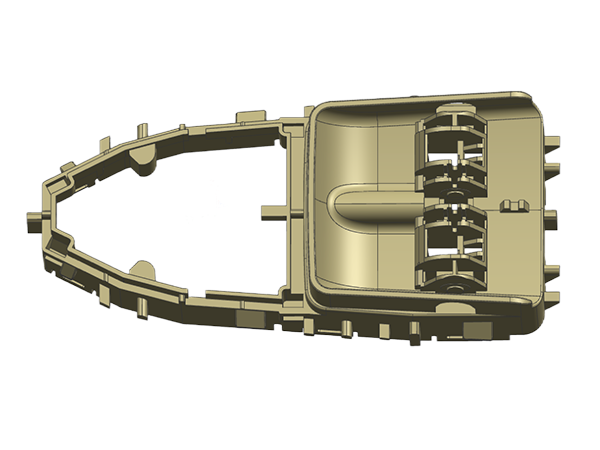
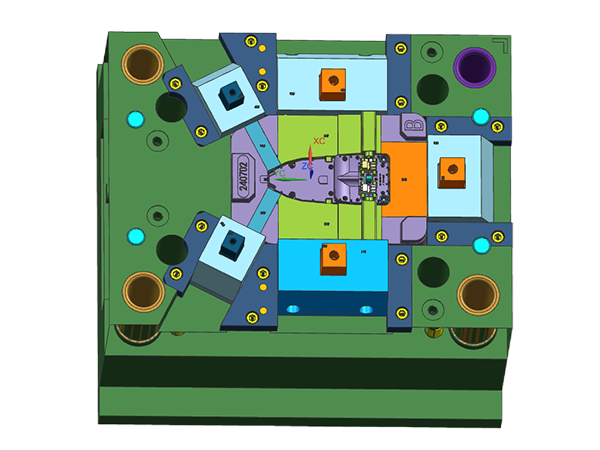
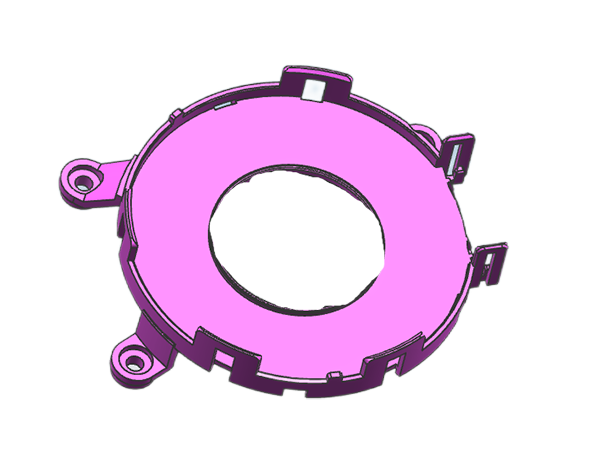
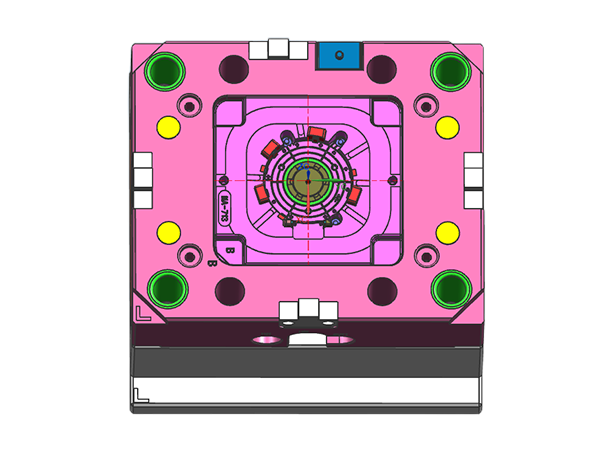
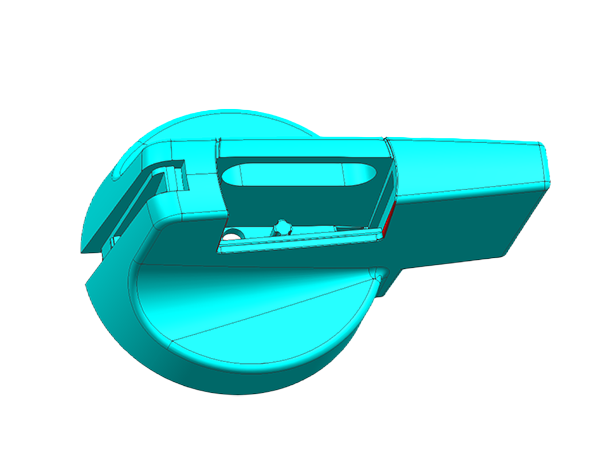
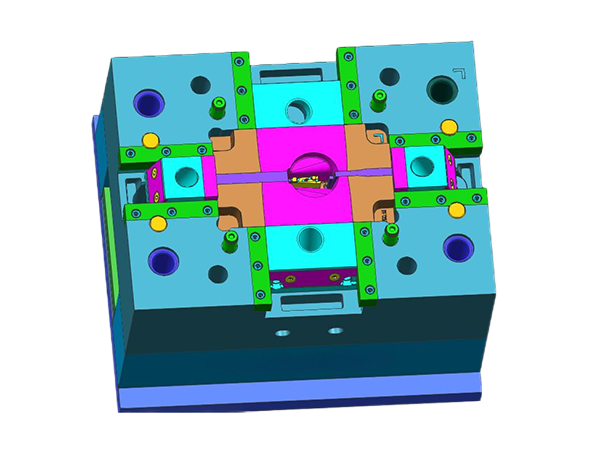
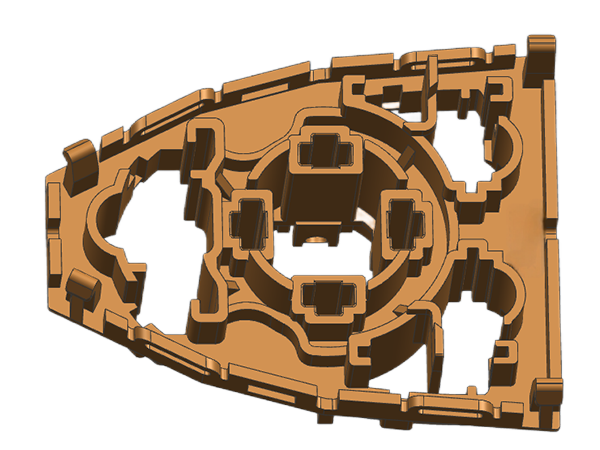
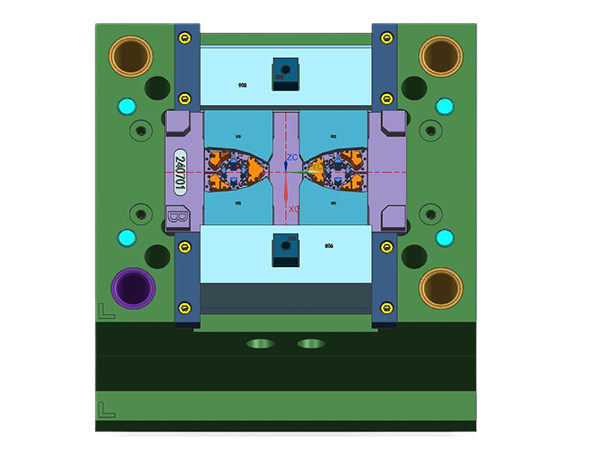
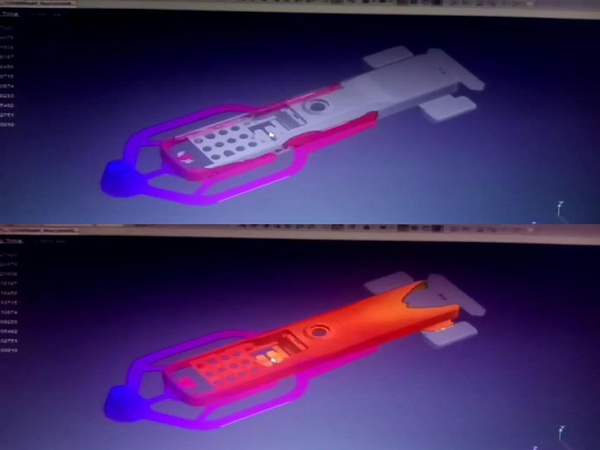
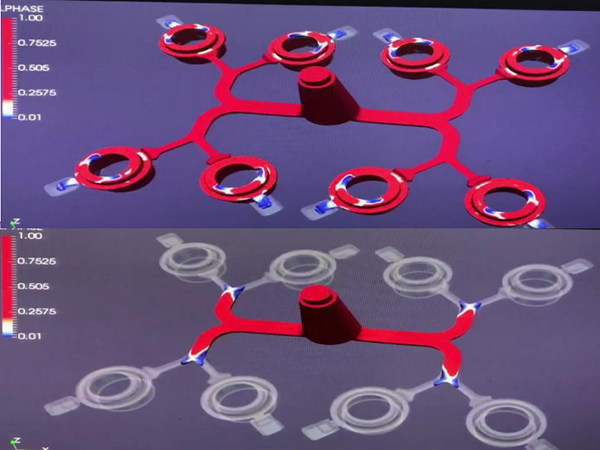
Why Is Moldflow Analysis Critical for Die Casting Mold Design?
Discover how Moldflow helps prevent defects, optimize cooling, and deliver precision-engineered molds.
Want a mold design that prevents defects from the start?
Injection Mold Material
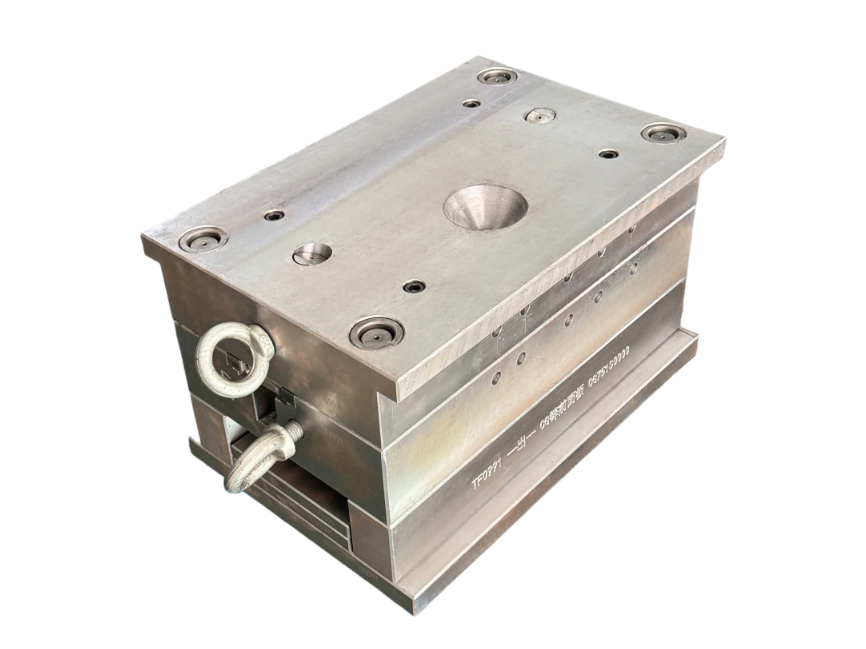
High-performance molds engineered for durability and precision.
Injection Mold
Typical Mold Steel Grades:
P20, 718, S136, NAK80
Estimated Lifespan:
Up to 500,000 shots
Custom material sourcing to match your project needs.
Why Choose Us
20+ years of manufacturing experience
Advanced machines & strict quality control
ISO 9001 & IATF 16949
Design to finished product
Compliant with RoHS & REACH
Dedicated project tracking and global delivery

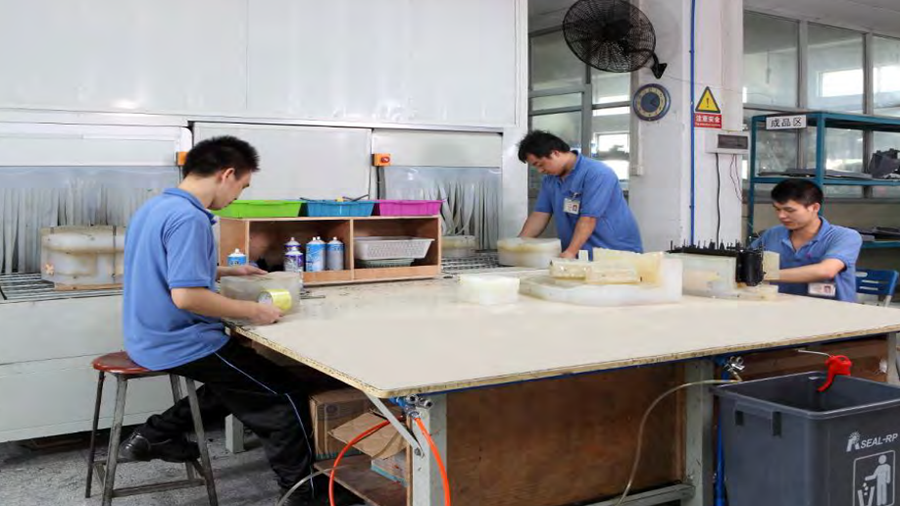

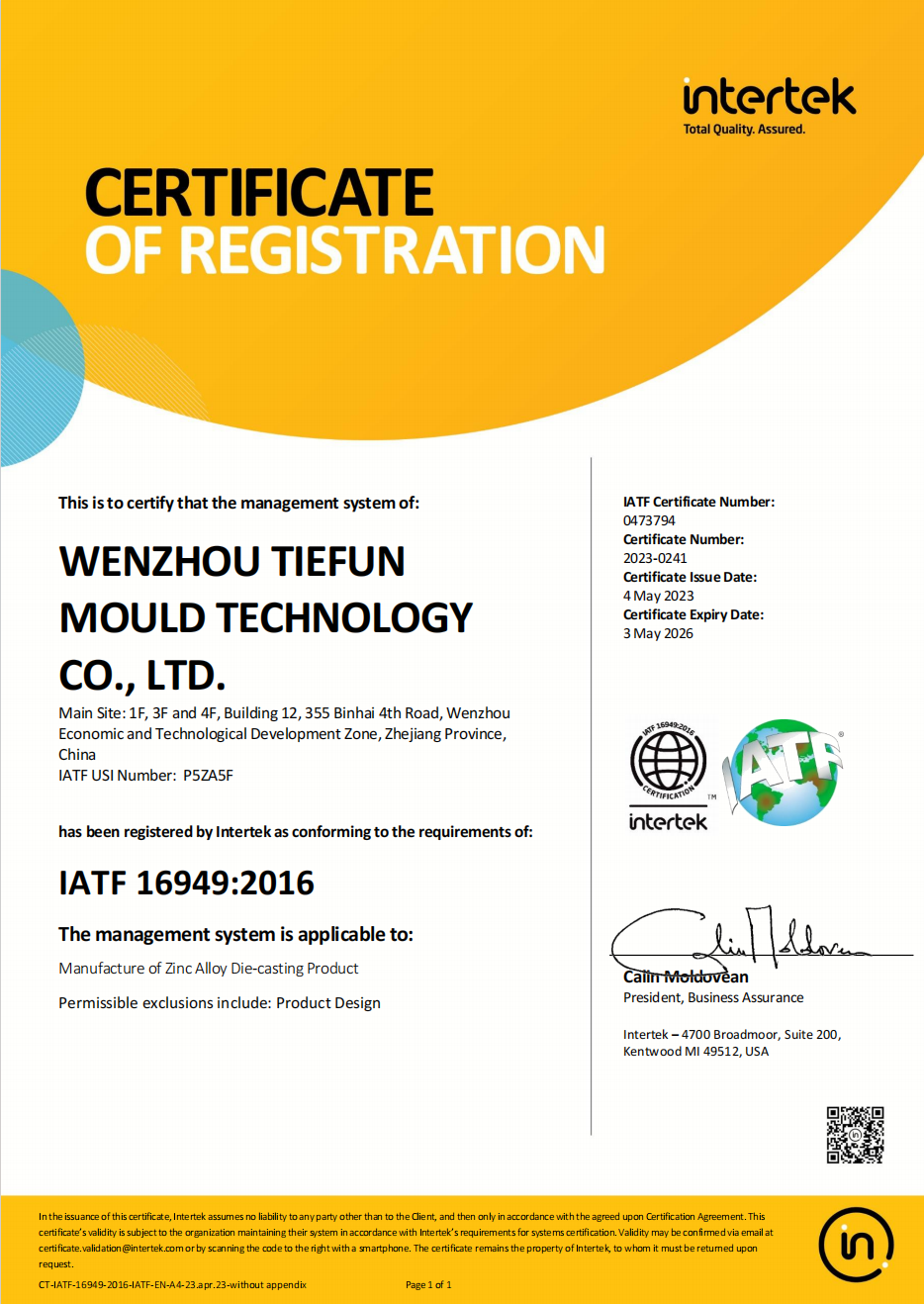
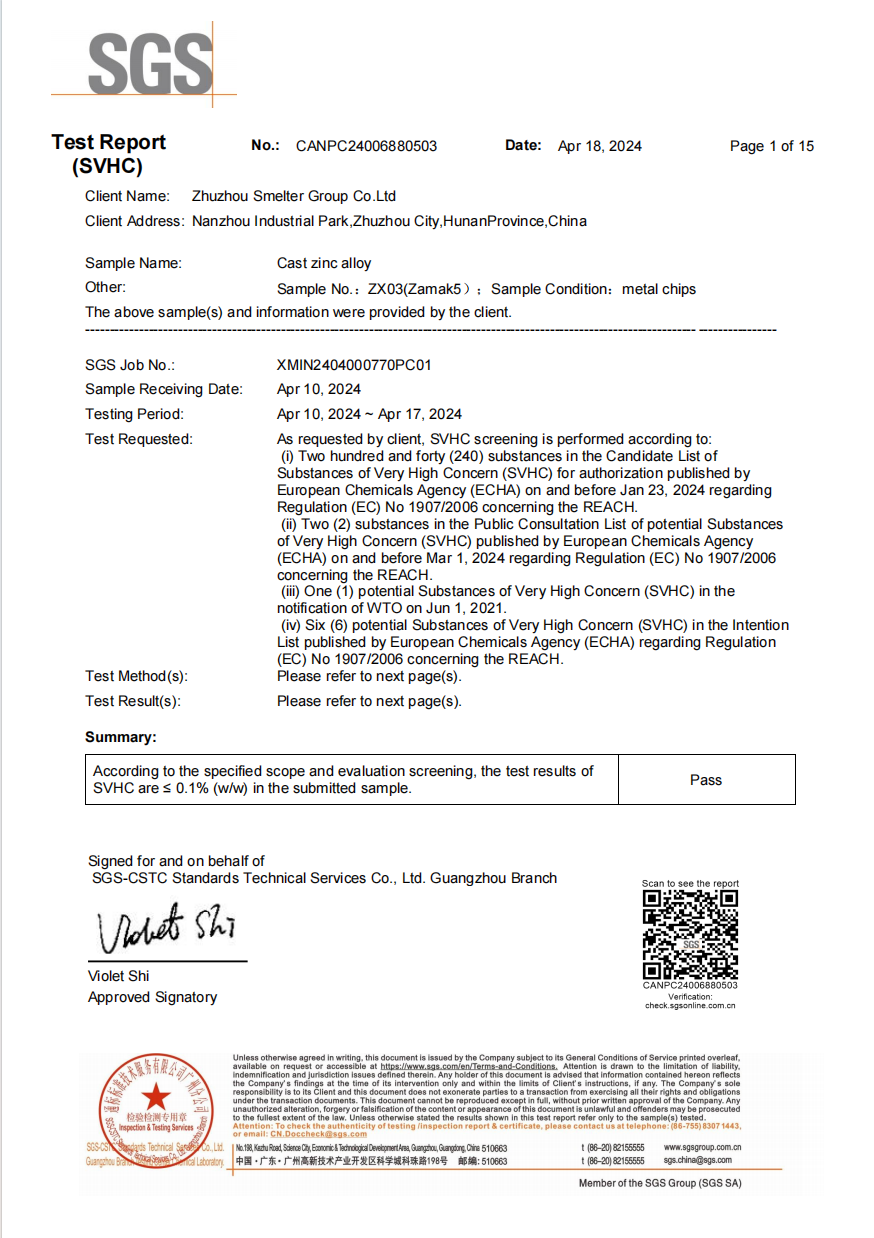
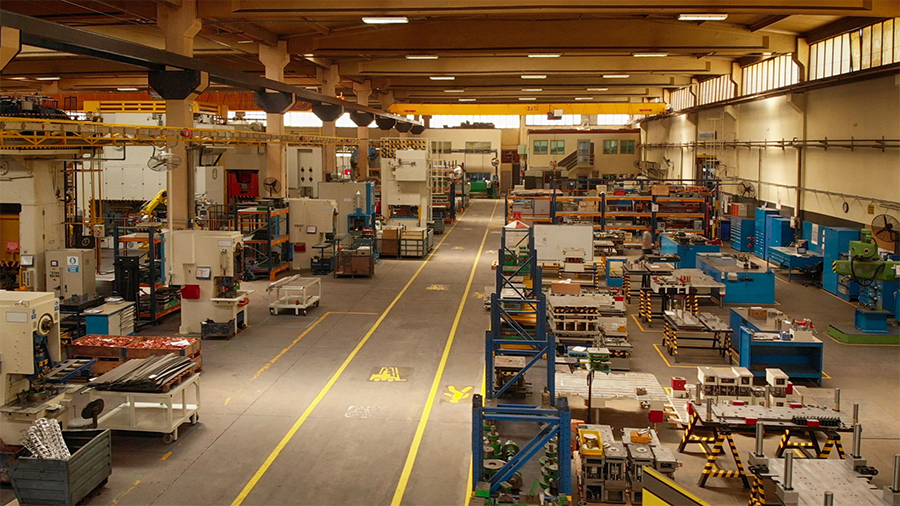
Ready to work with a trusted mold design & manufacturing partner?
FAQ – Frequently Asked Questions
Q1: What affects injection mold cost?
A: Cost depends on complexity, cavity count, steel grade (P20, H13, S136), and part size. Multi-cavity and complex molds require more engineering.
Q2: How long does an injection mold last?
A: Properly maintained H13 or S136 molds deliver 500,000+ cycles. Perfect for high-volume production.
Q3: Do you offer prototyping before production?
A: Yes. We provide soft tooling and prototypes to validate designs, cut lead times, and reduce risks.
Q4: Can you handle overmolding or insert molding?
A: Absolutely. We design molds for overmolding, insert molding, and multi-material parts.
Q5: How do you ensure mold precision?
A: Moldflow simulation, CNC machining, and CMM checks deliver tight tolerances and consistent quality.
Q6: What’s the lead time for a new mold?
A: Typically 25–40 days, based on size and complexity. Expedited service is available for urgent needs.
Q7: Do you provide global shipping and support?
A: Yes. We ship worldwide and offer full technical support for seamless production.
Recent Blog Posts
需要添加几篇文章这里再引用
